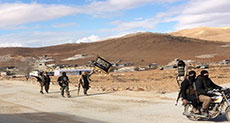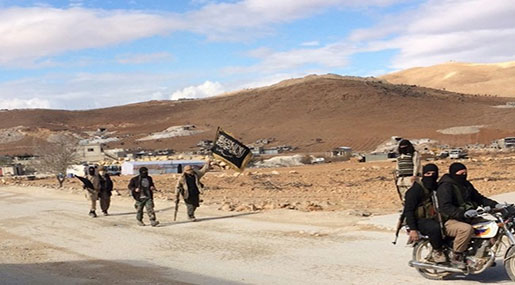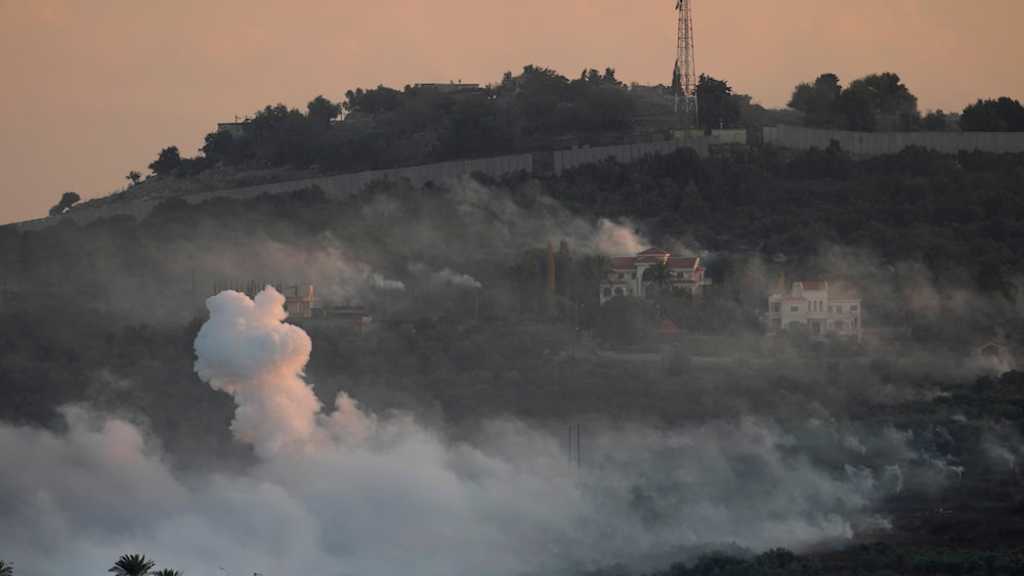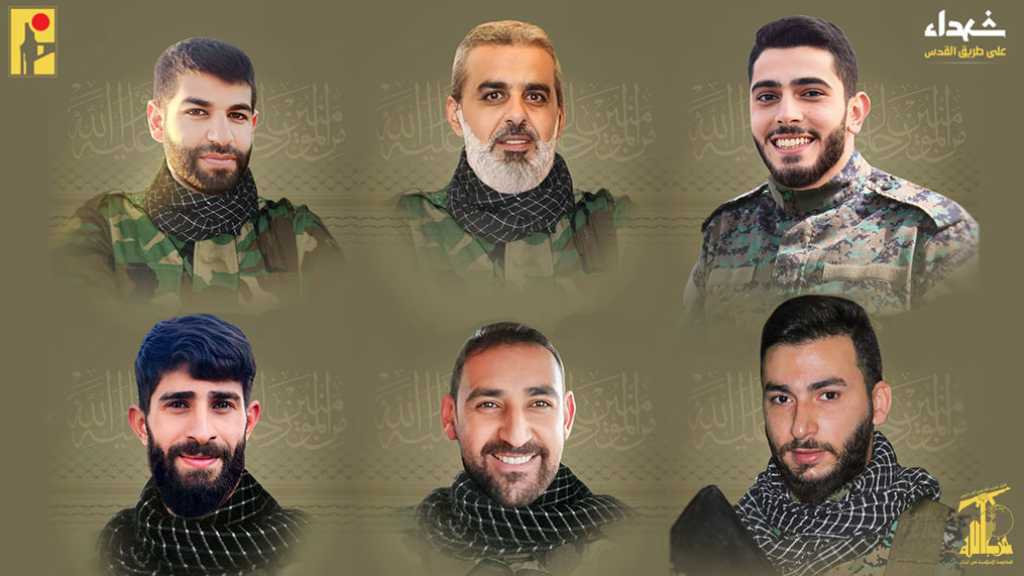
Lebanon Judge Requests Death Penalty for 106 Terror Suspects

Local Editor
A military judge Wednesday recommended the death penalty for 106 people suspected of involvement in the 2014 battle against the Lebanese Army in a northeast border town.

Out of those on trial, 73 are Syrian, 32 are Lebanese and one is Palestinian. Seventy-seven are in custody while the rest are on the run. They were charged with taking part in the five-day battle against the Lebanese Army in Arsal, which left dozens dead.
Military Investigative Judge Najat Abu Shaqra said one of the most prominent of those being tried included Imad Jomaa, who was the commander of Liwaa Fajr al-Islam in Syria [Dawn of Islam Brigade], and whose arrests sparked the Arsal battle.
Others being tried include Jamal Hussain Zainieh, also known as Abu Malek al-Talli, who is the al-Nusra Front's emir for Syria's Qalamoun region.
Others include Sirajeddine Zreiqat, who is the head of the al-Qaeda-linked Abdullah Azzam Brigades, and Mustafa Hujeiri, also known as Abu Taqieh. Abu Taqieh had previously mediated talks between the Lebanese government and Nusra to release captured servicemen.
The last three are being tried in absentia.
The list goes on to include Abdul Rahman Bazerbashi, believed to be Daesh [Arabic acronym of "ISIS" / "ISIL"] leader Abu Bakr al-Baghdadi's grandson, as well as cousins Omar Mikati and Bilal Mikati.
Bilal Mikati had previously confessed to beheading Lebanese soldier Ali al-Sayyed during his captivity by Daesh on the outskirts of Arsal. Daesh still holds nine soldiers captive.
Judge Abu Shaqra charged all 106 with "belonging to terrorist groups, attacking the town of Arsal on August 2 2014, carrying out terrorist acts, killing and attempting to kill a number of soldiers from the Lebanese Army, Internal Security Forces and civilians, kidnapping several servicemen, burning and looting military posts and vehicles, causing insecurity and sowing sectarian strife."
"The Arsal clashes were not a result of the military intelligence arresting Imad Jomaa, but instead it was a scheme that was planned long before, and was a result of four meetings which took place in Qalamoun where "ISIS" and Nusra officials were present," as well as several other militant groups, the judge said.
"The scheme [to overrun Arsal] which was planned by Abu Malek al-Talli was agreed upon. It was to destabilize Lebanon's security through a large military operation, starting by operating secret militant cells affiliated to Nusra and "ISIS" in the Bekaa and north Lebanon ... and invading Shiite and Christian villages and cutting them off from each other, then occupying them and sharing territory amongst each other," the judge continued.
Source: News Agencies, Edited by website team
Comments
- Related News



